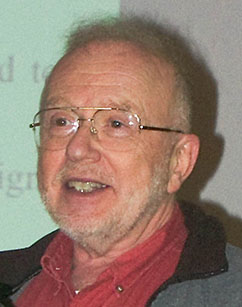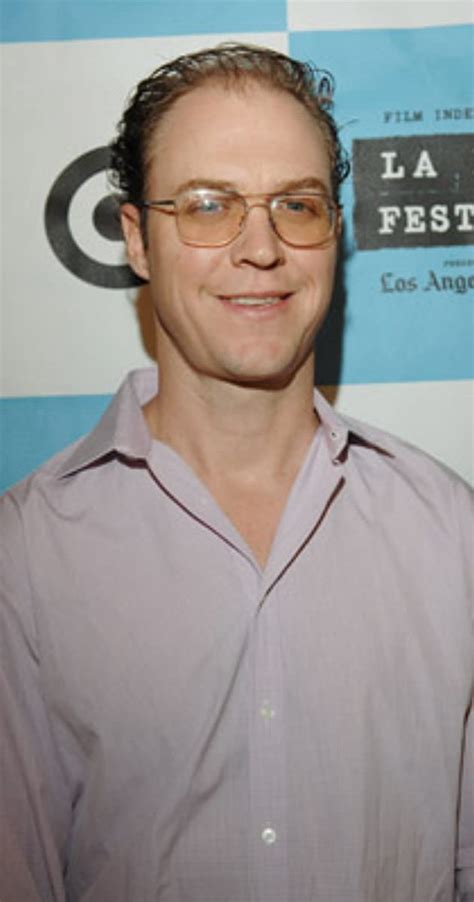A Quote by John McAfee
Limit use of shareware and public domain software to systems without fixed disks. If you do use them on fixed disks, allocate separate subdirectories... Public domain or shareware software should never be placed in the root directory.
Related Quotes
Creativity builds upon the public domain. The battle that we're fighting now is about whether the public domain will continue to be fed by creative works after their copyright expires. That has been our tradition but that tradition has been perverted in the last generation. We're trying to use the Constitution to reestablish what has always been taken for granted--that the public domain would grow each year with new creative work.
With software products, it is usual to find that the software has major `bugs' and does not work reliably for some users... The lay public, familiar with only a few incidents of software failure, may regard them as exceptions caused by exceptionally inept programmers. Those of us who are software professionals know better; the most competent programmers in the world cannot avoid such problems.































